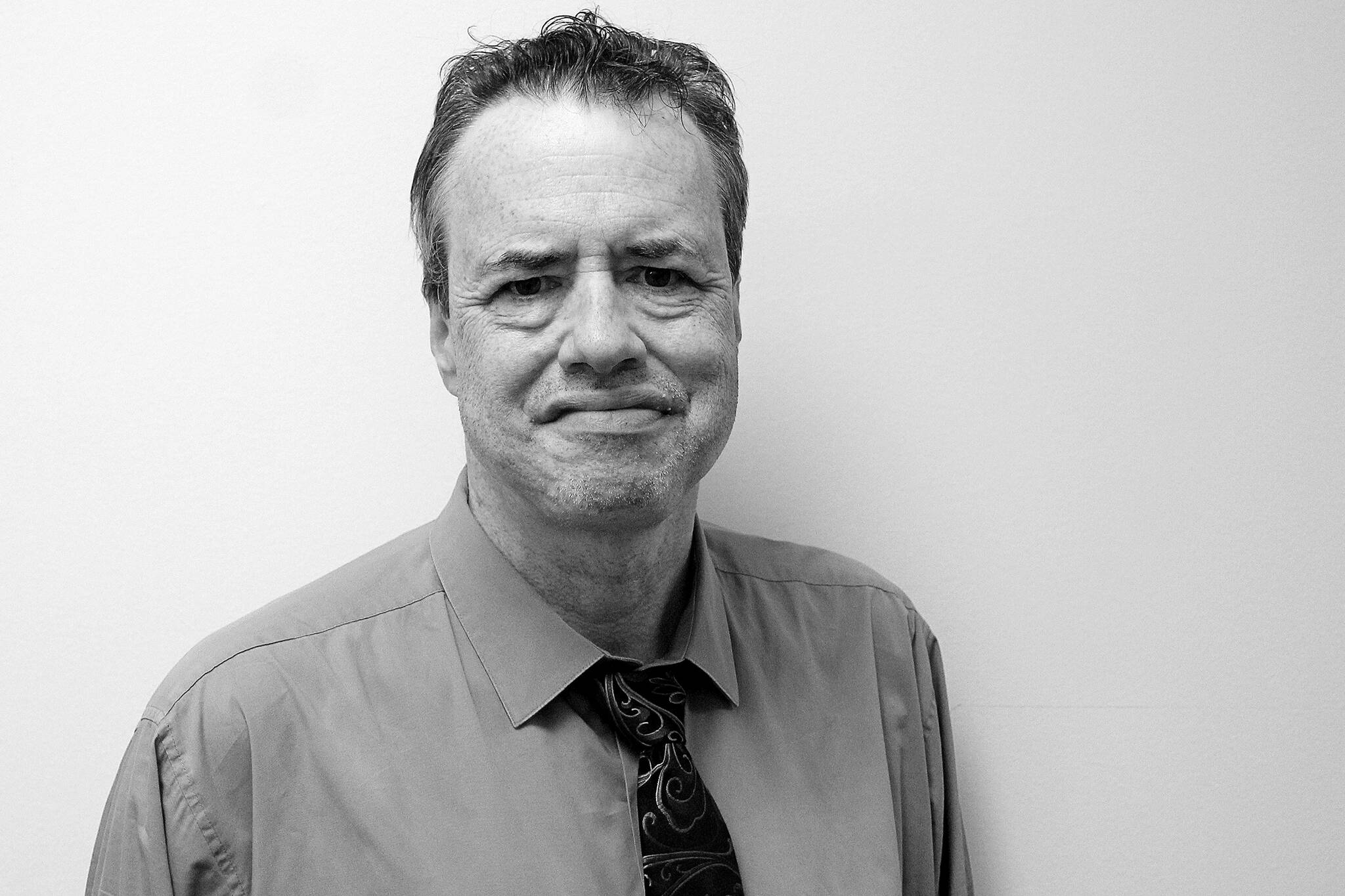In 1887, the English Catholic historian, politician and writer John Acton wrote in a letter to an Anglican bishop: “Power tends to corrupt, and absolute power corrupts absolutely.”
If not for this famous axiom that carries his name, Lord Acton would largely be forgotten today.
Acton’s words underscore his unshakeable conviction that concentrated authority and unchecked power pose the greatest threats to human freedom. In his works, he consistently emphasized the importance of limiting governmental and institutional power in favor of individual rights and personal liberty.
If that’s not a bedrock, inviolate principle of Democratic government, it damn well should be. It was meant to be. And we’d do well to remember it.
One hundred years before Acton set his words on paper, the admonition, “don’t place too much power in any one person’s hand” was already on the minds of America’s founders. In the new form of government they established exactly 100 years earlier, Mr. Jefferson, Mr. Adams and the rest split power among three different but co-equal branches of government: the legislative, the executive and the judicial.
That was not an accident. Those men were brilliant, keen-eyed students of history, whose extensive knowledge of the past had shown them that unlimited power centralized in one person almost always leads to disaster. Neither did they lack for examples of wicked, selfish emperors and tyrannical kings and queens who’d demonstrated the truth of it beyond doubt.
Like England’s Henry VIII in the later years of his reign, or France’s Sun King, Louis XIV, and the cruelties he exacted on the Huguenots. King Charles I’s unshakeable belief in the divine right of kings cost him his head and led directly to England’s bloody civil war and to the rise to primacy of the English parliamentary system.
In common, bad rulers overplay their hand, but with no watchmen on the bulwarks, only terrified toadies and simpering sycophants, who is going to stop them?
For modern examples, consider the Soviet Union’s Joseph Stalin and now Russia’s Vladimir Putin. In a video I watched once, a Russian high school student asked Putin what he thought of Ivan the Terrible and Joseph Stalin as leaders. The Russian president’s answer: “They did not go far enough.”
Really?
Let’s consider Stalin. That despot was responsible for the deaths of, at a bare minimum, 20 million human beings, among them the untold numbers of Ukrainians, then in the Soviet Union, whom his government forced from their lands to make collective farms and starved to death. The man who invented the Gulag system and pursued those bloody purges. Not far enough?
Funny, isn’t it? How critics of Putin appear to have developed the unfortunate habit of falling from high places, getting shot with poison, being tossed into prison without cause, and heaven knows what else.
Putin is just one of the many exemplars of the dangers of unchecked power concentrated in one person’s hands. And we Americans must always be on the lookout for even the slightest stirring of it.
Let me know what you think.
Robert Whale can be reached at robert.whale@auburn-reporter.com.


